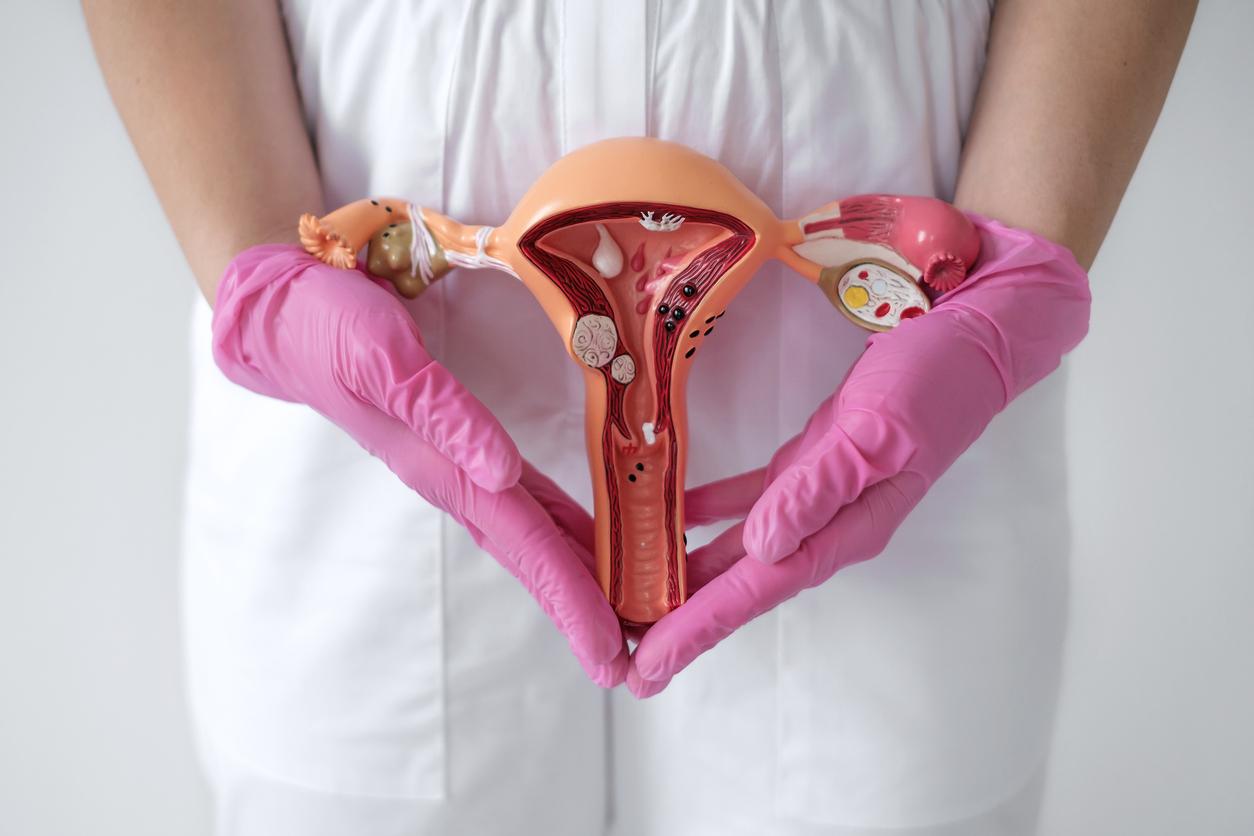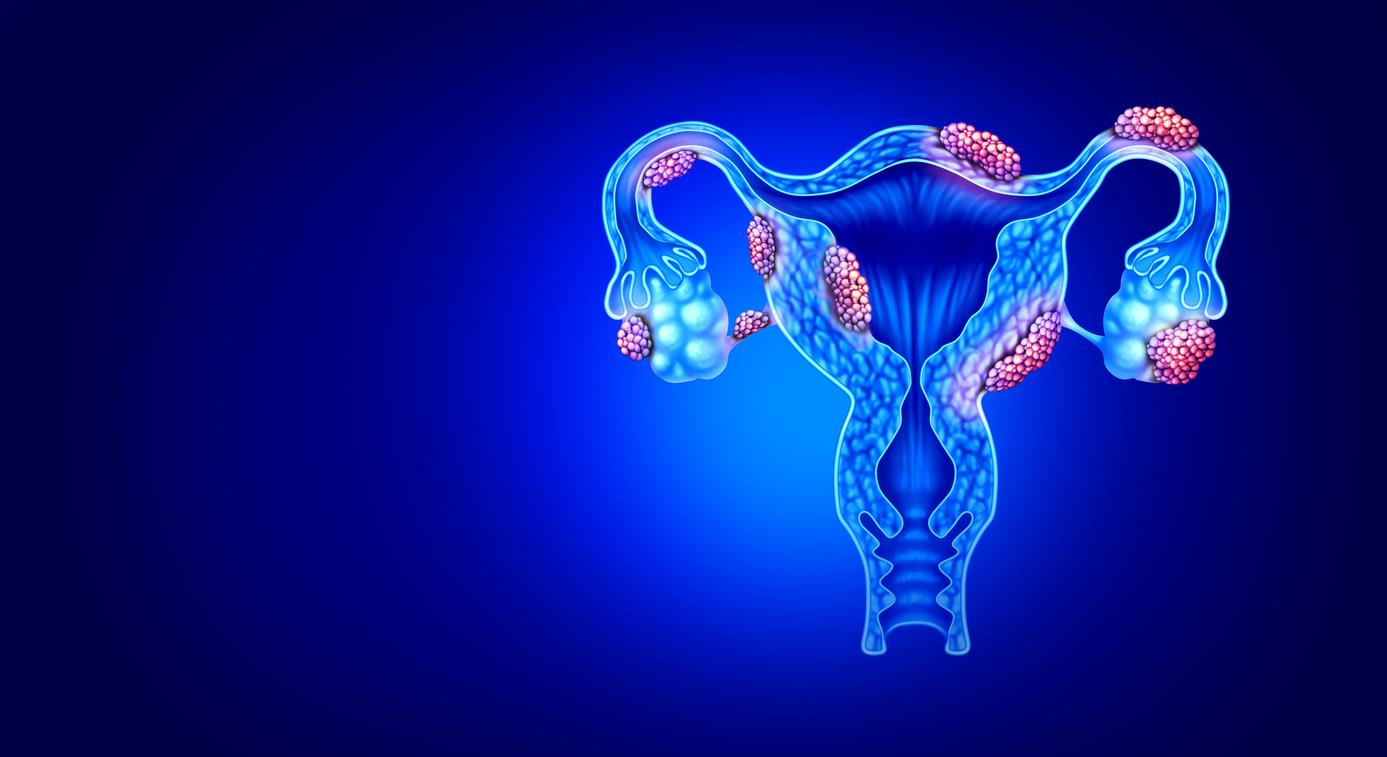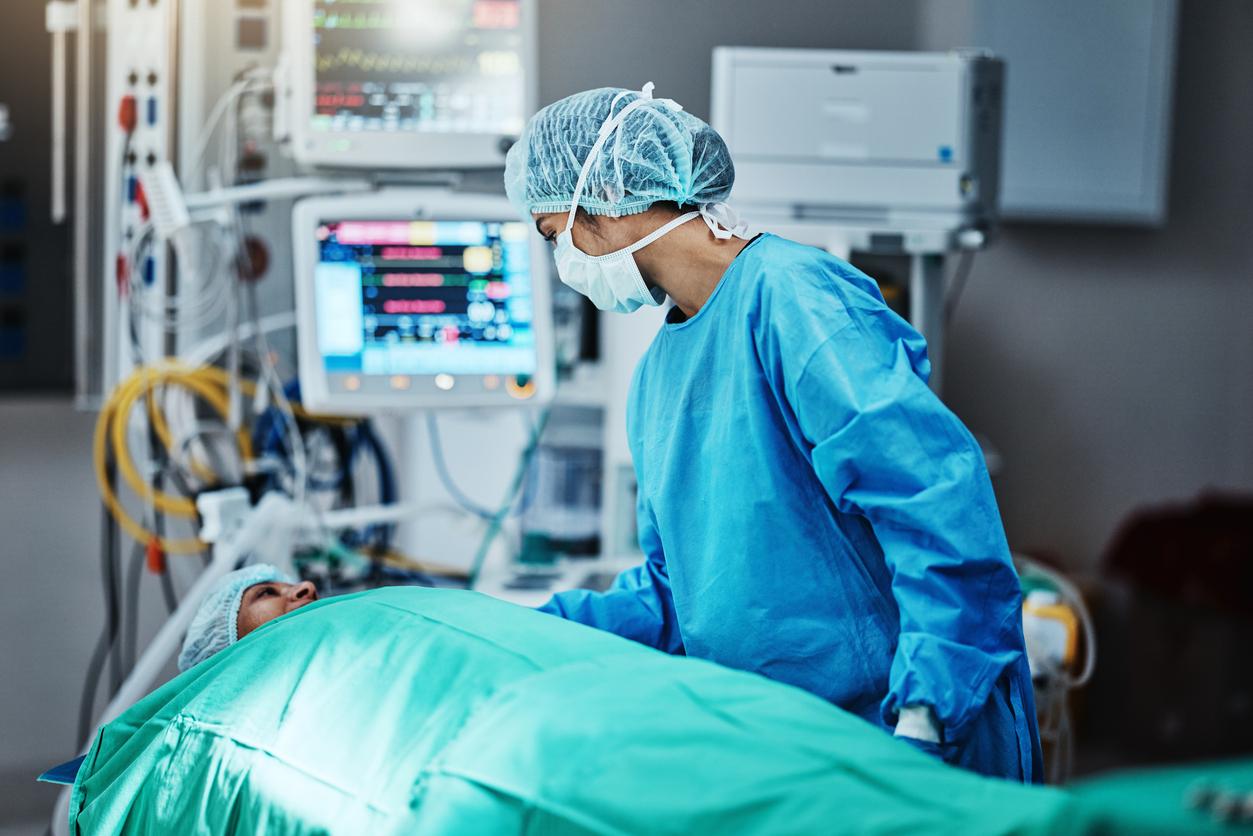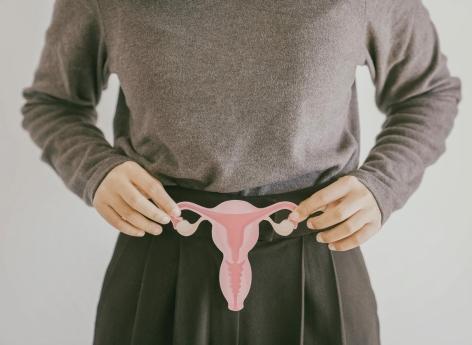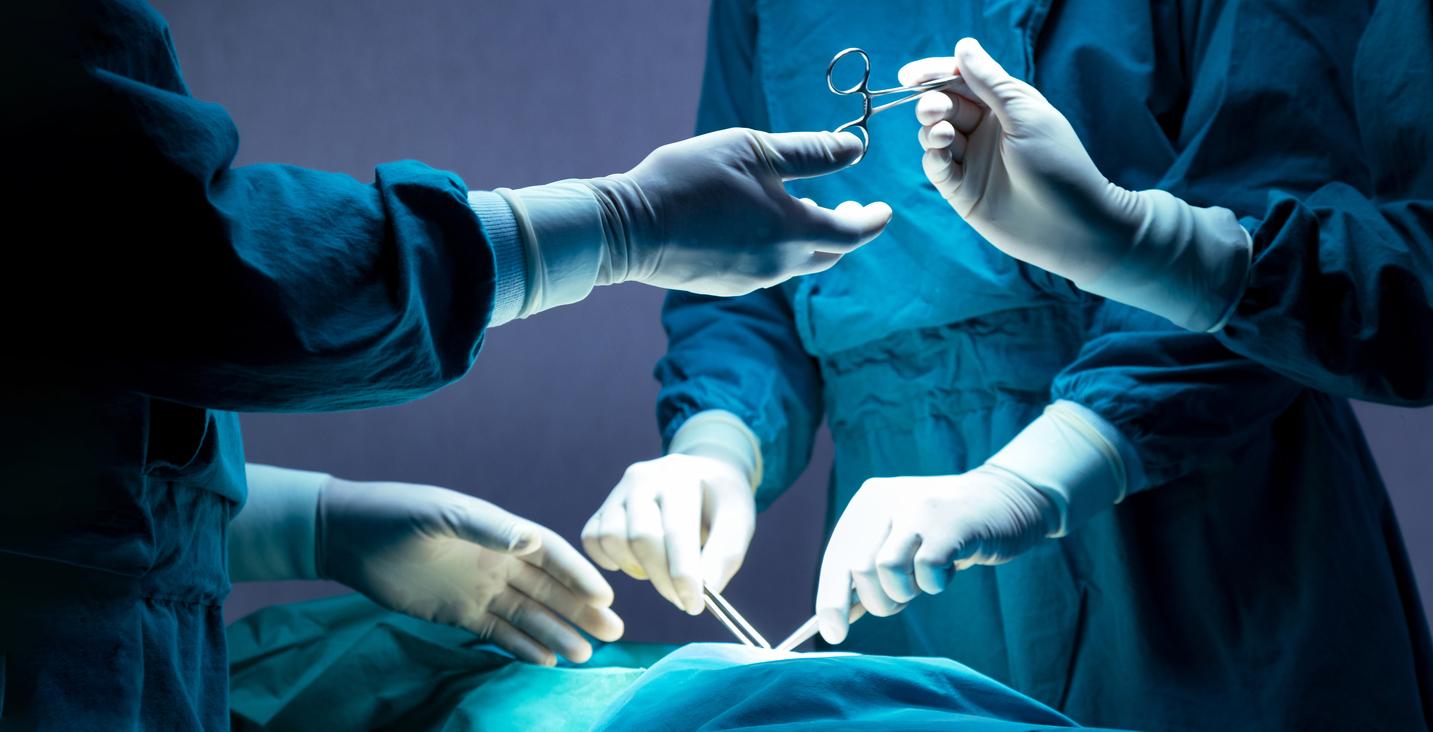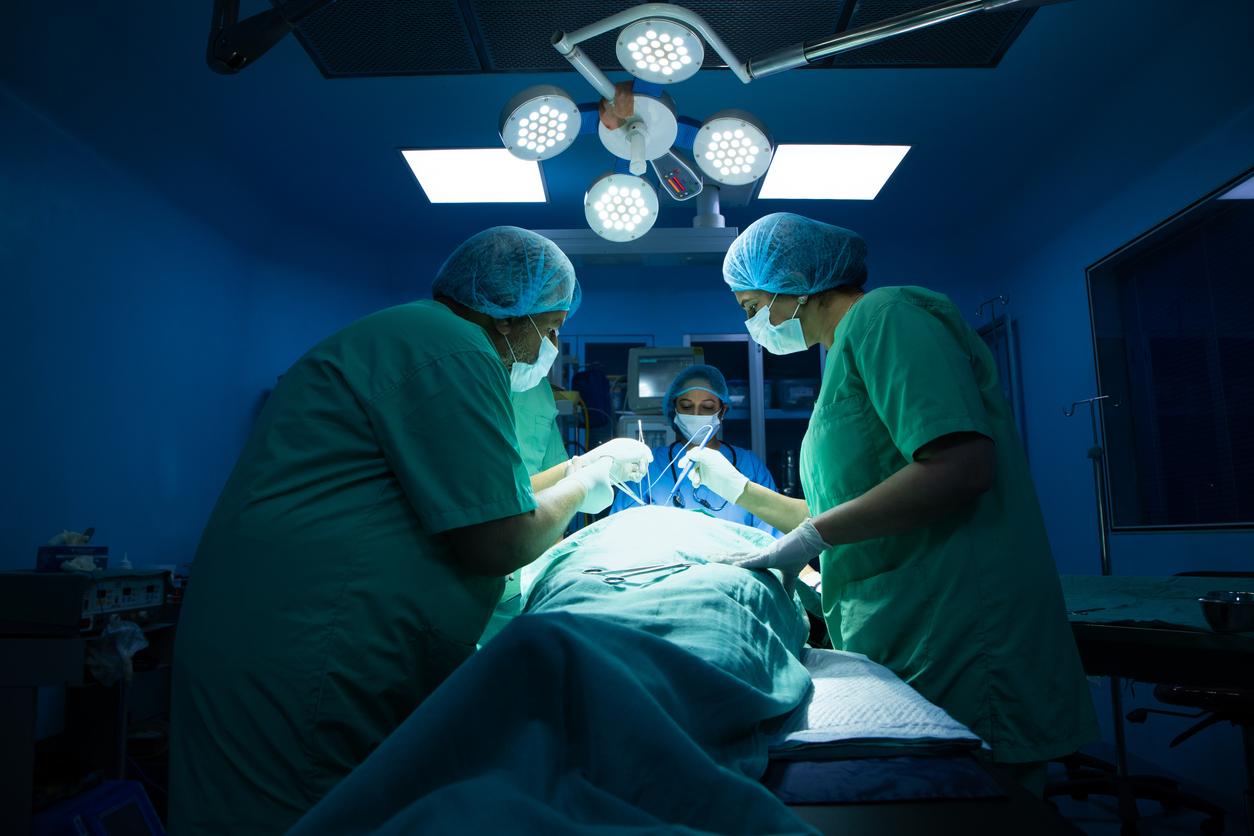During the GYNFOCH congress, the question arose: should doctors always operate in cases of endometriosis? Professor Jean-Marc Ayoubi, head of the Gynecology, Obstetrics and Reproductive Medicine department at Foch hospital expressed his opinion on this.
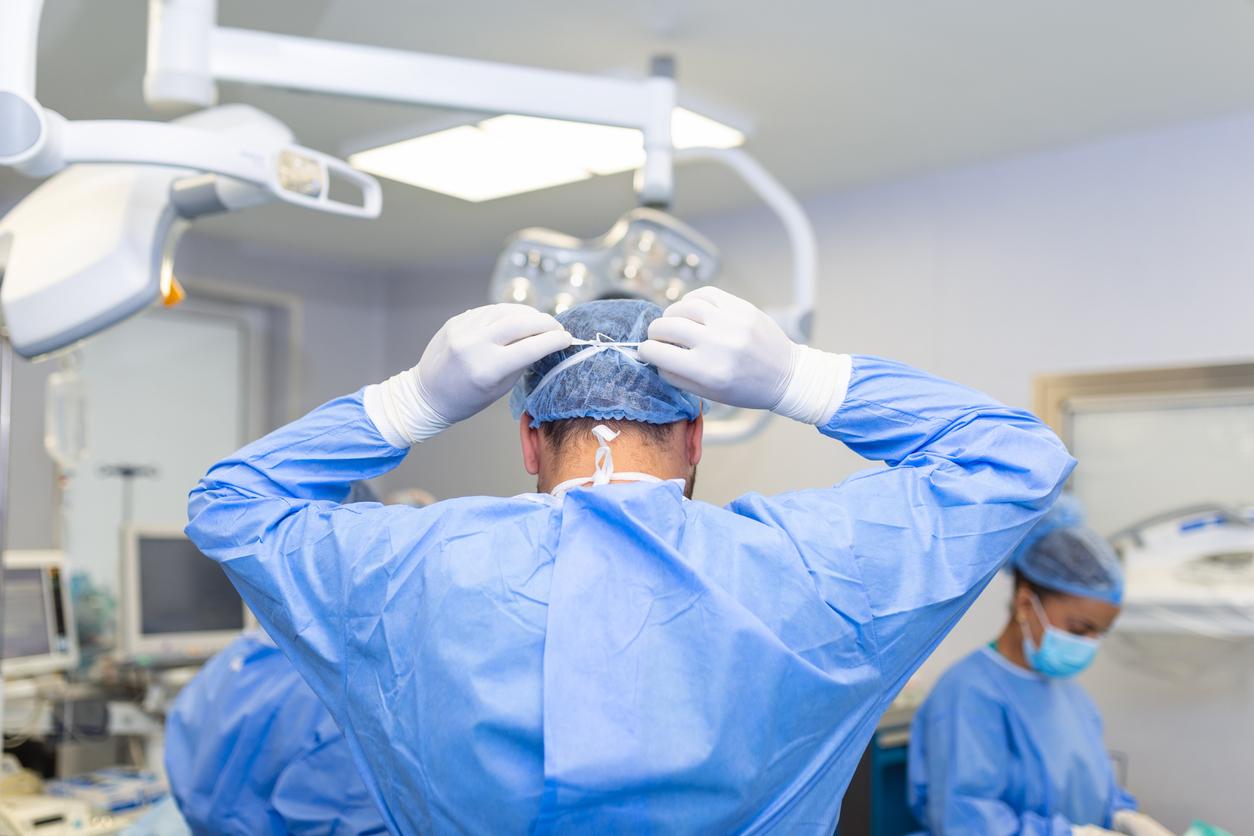
- According to the High Authority of Health, MRI is the first-line diagnostic tool, CT scan is second-line, followed by excision surgery as a third-line option.
- But according to some recent studies, carried out on women operated on for suspected deep endometriosis, almost half had complications.
- Resection surgery can have a detrimental effect on fertility.
What to think about endometriosis surgery? For Professor Ayoubi, one figure is clear: “We can clearly see the complication rate in expert hands is around 15%.” post-operatively. And these complications are all the more problematic because they often require surgical revision under general anesthesia. “We find these complications relatively frequent” as well “in large digestive resections and in minimally invasive surgical treatment”.
“The chances that the patient may have is to improve her suffering and her ear pain but she will not be cured”
Along with these complications, there is the risk of recurrence. Endometriosis is “a disease that is not curable, you can operate as much as you want, the chances that the patient may have is to improve her suffering and her ear pain but she will not be cured”. According to the specialist, the risk of recurrence “is greater than 50% whatever the technique” surgical.
So why continue to operate? Because women are sometimes in enormous suffering and their quality of life must be taken into consideration.
“There are indications which are necessary and in front of which we must operate. We must operate after a multidisciplinary consultation study, after a good exploration, after pain treatment and comprehensive, multidisciplinary care. There are surgical indications which are not questionable, whether it concerns major pain syndromes, whether it concerns endometriomas of 6 or 7 cm or urethral compressions.”, explains the head of the Gynecology-Obstetrics and Reproductive Medicine department.
The same goes for operations related to infertility: “There are half as many spontaneous or medically assisted pregnancies when it comes to colorectal resections compared to other techniques. There could be several reasons: the appearance of adhesions, inflammation, immunological factors”, indicates Professor Ayoubi.
“We know very well today that surgery on endometriomas is harmful to fertility whatever the indication for surgery in endometriosis”
Before concluding his speech: “We can say today that we cannot do without surgery, of course, but I believe that humans have operated too much and sometimes without real explorations with real multidisciplinary and medical care. This exploration is necessary. Fertility is improved by the absence of surgery, especially when it comes to endometriomas. We know very well today that surgery on endometriomas is harmful to fertility whatever the indication for surgery in endometriosis. He is necessary to explore pelvic function before performing surgery and think about fertility preservation.”











